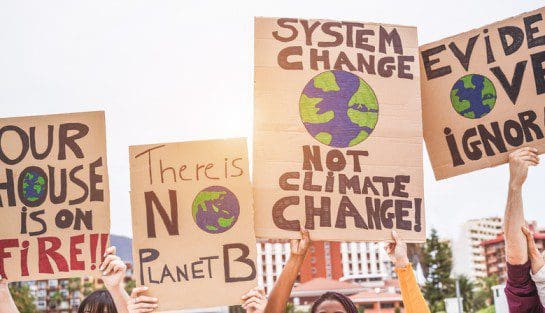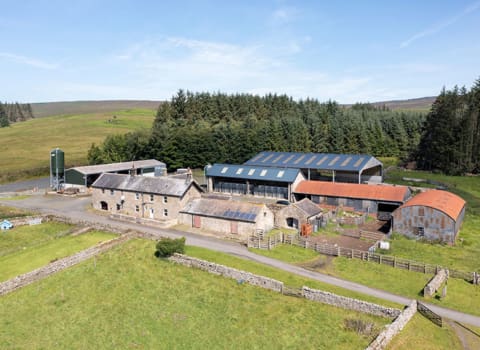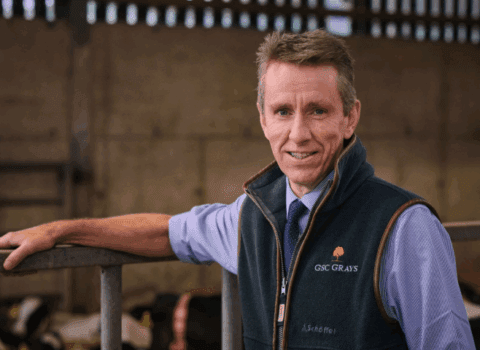Contact our offices
Main office
COLBURN
5 & 6 BAILEY COURT
COLBURN BUSINESS PARK
RICHMOND
NORTH YORKSHIRE
DL9 4QL
Estate Agency Offices are located in
BARNARD CASTLE, BOROUGHBRIDGE & RICHMOND
Residential Management Team
Our Offices
- Alnwick
01665 568310
Email Officealnwick@gscgrays.co.uk - Barnard Castle
01833 637000
Email Officebarnardcastle@gscgrays.co.uk - Boroughbridge
01423 590500
Email Officeboroughbridge@gscgrays.co.uk - Chester-Le-Street
0191 3039540
Email Officechester-le-street@gscgrays.co.uk - Colburn
01748 897630
Email Officecolburn@gscgrays.co.uk - Driffield
01377 337180
Email Officedriffield@gscgrays.co.uk - Hamsterley
01388 487000
Email Officehamsterley@gscgrays.co.uk - Hexham
01434 611565
Email Officehexham@gscgrays.co.uk - Kirkby Lonsdale
01524 880320
Email Officekirkbylonsdale@gscgrays.co.uk - Penrith
01768 597005
Email Officepenrith@gscgrays.co.uk

This week at COP26
In the final week of COP26 Glasgow has certainly enjoyed a number of rousing speeches, with Barak Obama declaring we are “nowhere near where we need to be” as he criticised. the slow rate of change and supported the anger of young climate change activists.
This week appears to have been less about the presentations and statements and more about delegated negotiating the terms of their climate pledges.
Our Rural Director Chris Thyer selects the pivotal moments from this week at COP26:
What has been agreed?
- 100 countries representing 85% of the world’s forests have pledged to stop deforestation by 2030.
- 100 countries agreed to cut 30% of methane emissions by 2030, but the biggest emitters, China, Russia and India haven’t joined.
- A pledge to only sell zero-emission cars by 2035 was notably missing signatures from VW, Toyota, Renault-Nissan, and Hyundai-Kia.
- 40 countries have agreed to move away from coal, but no dates have been agreed yet.
- 450 financial organisations controlling $130tn agreed to back clean technology in preference to fossil fuel industries.
Will it work?
There are notable absences at the summit and in the commitment, but even for those who do commit to change, few of the commitments are legally binding, so it is unclear what if any repercussions will be felt by those who break the pledges.
What is the UK doing to achieve net zero by 2050?
Emissions need to reduce by 78% by 2035.
The Climate Change Committee is calling for a 30% cut in agricultural emissions before 2035 but misinformation is rife and the Government has yet to publish an environmental food strategy.
Plans are in place to plant 30,000 hectares of trees a year by 2025, more than double the planting rates of the last 20 years.
The power network has come a long way with emissions falling by 40% between 1990 and 2019, but our energy network still relies significantly on natural gas.
Home heating accounts for 14% of UK’s emissions but only small reductions in emissions have been achieved so far. Newly announced funding for heat pumps will help, as will stricter regulations for new build houses, but every homeowner and landlord will need to take action if domestic emissions are going to achieve net zero.
Domestic transport has potential for significant carbon reductions and phasing out of new petrol and diesel cars in 2030 is helping the transition to electric, but to achieve this, much more investment is needed to provide a national network of charging stations.
Hydrogen production is targeted to reach 5GW by 2030. The challenge will be to increase the production of ‘green hydrogen’ and develop new technologies to make the production process more efficient.
Carbon capture schemes aim to store 20-30 million tonnes of CO2 a year by 2030 but these technologies are very expensive and are no substitute for preventing emissions at source.
To discuss your options for renewable energy contact a member of our team on 01833 694935 or click here to discover more about how we are helping shape the future of the landscape through our services.

GSC Grays News
A Northumberland Estate of significant scale with sporting and environmental appeal goes on the market for £8,000,000
Read more







